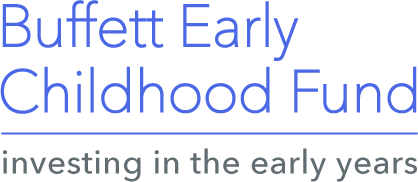Early Childhood Policy Briefs
Early Childhood Policy Briefs
Policy briefs provide succinct information that typically includes compilations of empirical research presented in a narrative format. Designed for multiple audiences, policy briefs often contain the rationale and recommendations for a specific policy stance on an issue of salience related to young children and families. Moreover, if you are interested in publications that will provide persuasive evidence for advocacy purposes or policy making decisions, we invite you to explore these resources.
Currently Reading
- O’Keefe, B., Dammu, I., Harding, L., Spurrier, A., Schiess, J. O., Zamarripa, S., Kaput, K., & Bellaire, J. (2025). Splitting the bill: A Bellwether series on education finance equity. Bellwether.
- Prenatal-to-3 Policy Impact Center. (2024, December). Funding Mechanisms for State Paid Family and Medical Leave Programs.
- Rafa, A. (2024). 2024 prenatal-to-3 legislative highlights. Prenatal-to-3 Policy Impact Center.
- Van Leer Foundation. (2021, February 19). The early years: Parental leave.
Previously Shared
Recommended Readings from Our Advisory Committee:
Bruce Fuller,
ECPIHE Advisory Committee Member
Fuller, B. (2021, July). The 'stars aligned' in budget deal, but hurdles remain for early education. Edsource: Highlighting strategies for student success.
Helen Holtz Raikes,
ECPIHE Advisory Committee Member
Early Head Start (2006). Research to practice: Early head start benefits children and families.
Cathy Grace,
ECPIHE Advisory Committee Member
Gilbert, B. & Grace, C. (2020, September). Growing up rural: Inequity for young children and child care providers. Rural equity series.
Albert Wat,
ECPIHE Advisory Committee Member
Wat, A. (2021, July). Treating child care like early learning means funding child care like early learning. Alliance for early success.



